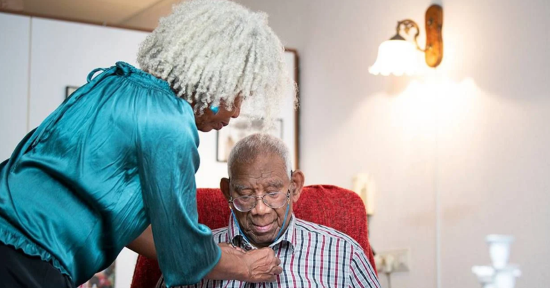Older adults prefer to age at home or in their community rather than assisted-living facilities or other institutional settings, but experts say that could be difficult or impossible if states do not prepare comprehensive, integrated long-term strategies and policies to help them.
A recent article published by NextAvenue.org examines a growing trend among states to create Master Plans for Aging, or MPAs, that identify the entirety of state, county, local and federal policies and programs that directly or indirectly affect aging residents, including health, transportation, housing, workforce, nutrition, home and community services.
By developing a master plan, state officials can more readily make sure these diverse programs and agencies coordinate to keep the needs of aging adults at the forefront.
Master plans not only address the current needs of older people, they also prepare for the future, said Bob Blancato of Matz, Blancato & Associates, a strategic consulting in Washington, D.C., and a coalition coordinator for the New York State Master Plan on Aging Coalition.
New York is the latest state to authorize the creation of an MPA, while California, Colorado, Texas, Minnesota and Massachusetts have fully developed and started implementing plans. Vermont is developing a plan but has not yet rolled it out. In addition to New York, Oregon, Washington, Hawaii, Michigan, Illinois, Florida, New Jersey, Connecticut, Maine, and the District of Columbia, are in the early stages of strategizing and developing ideas.
Two non-profits—the Center for Healthcare Strategies and The SCAN Foundation–provide resources for states to develop MPAs. To learn more, read the full article.
